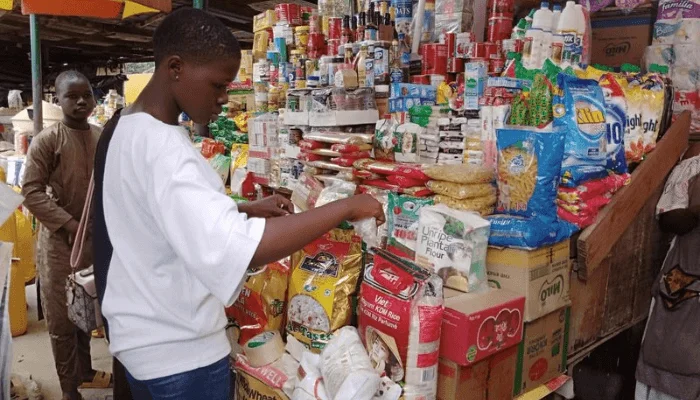In Nigeria, micro, small, and medium enterprises (MSMEs) form the foundation of the economy—accounting for over 96% of businesses and employing more than 60 million people. Yet, a staggering 80% of these businesses shut down within five years, revealing a troubling disconnect between entrepreneurial ambition and the realities of Nigeria’s business environment.
The challenges go far beyond failed business ideas. Most MSMEs are strangled by systemic problems: unreliable infrastructure, costly diesel consumption, unstable internet, and roads in disrepair. Financing remains scarce, and when available, it often comes with prohibitive interest rates and terms. Many small business owners also lack structured financial records, making them invisible to lenders, investors, and even themselves. Add overlapping taxes and levies, and survival becomes nearly impossible.
Yet some MSMEs thrive—and their secret often lies in three essentials: access to capital, capacity-building support, and operational structure. Early-stage grants, donor support, and training hubs have proven to be lifelines, offering not just funds, but business tools, mentorship, and strategic insights. But such safety nets remain out of reach for the majority.
For Nigeria to unlock the potential of its MSME sector, a new mindset is needed. Support must go beyond symbolic endorsements and slogans. Practical reforms should include:
-
Non-debt-based capital such as micro-grants, especially for startups not yet ready for credit.
-
Simple recordkeeping tools and apps that help businesses become fundable and scalable.
-
Training and mentorship, especially for first-time founders, to instill business discipline and financial literacy.
-
Infrastructure upgrades—from roads to power—that reduce operational costs.
-
Genuine policy action that simplifies taxes, streamlines regulations, and ensures transparent funding access.
MSMEs are more than grassroots businesses—they are powerful engines of national development. Every successful enterprise contributes to job creation, strengthens value chains, and fuels GDP growth. If even half of Nigerian MSMEs could survive beyond five years, the resulting economic transformation would be profound.
It’s time to stop asking entrepreneurs to “hustle harder” and start building the ecosystem that allows them to thrive. Nigeria’s future may well depend on it.

